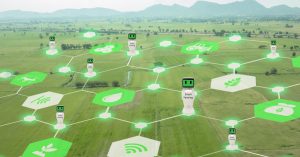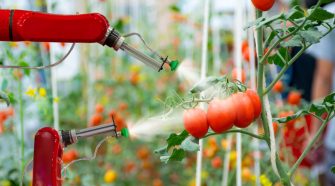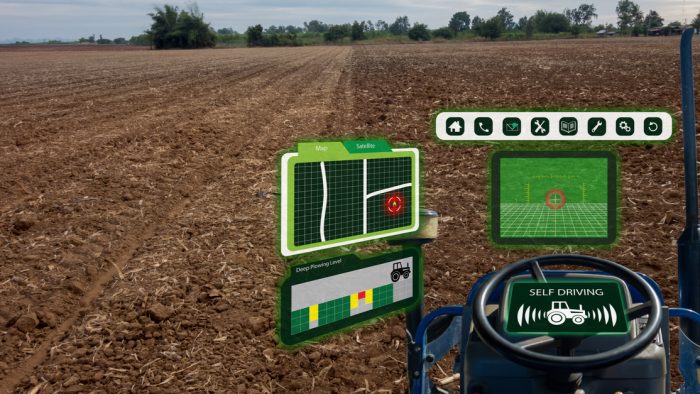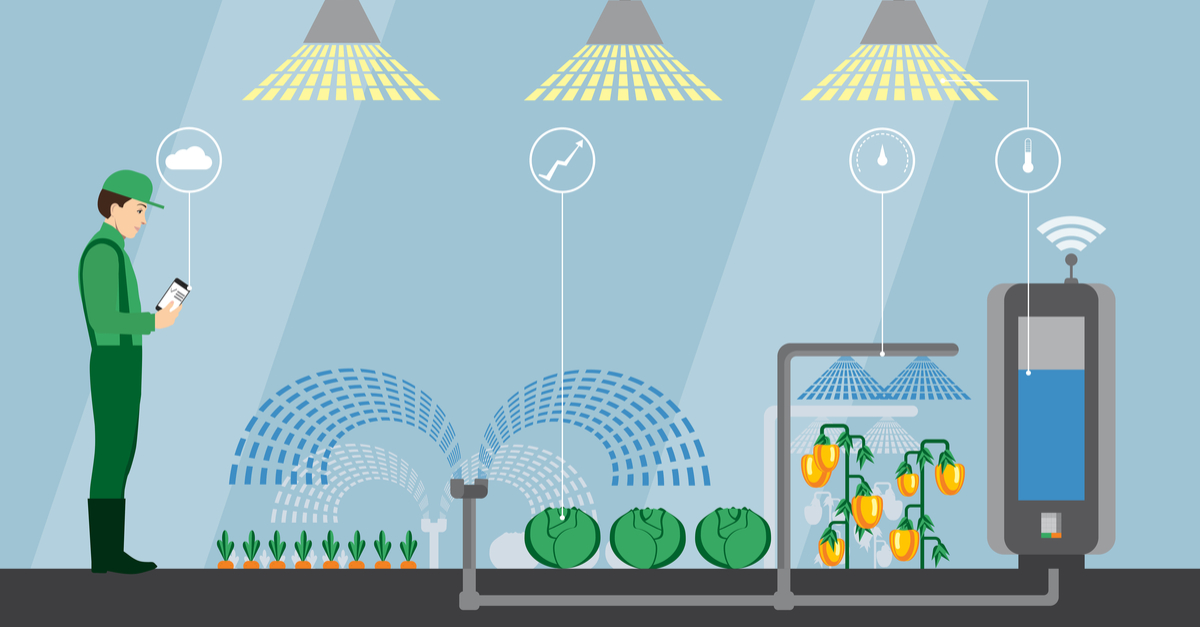Estimated reading time: 2 minutes
Though we might not think of it, AI is becoming more present in the farming and agricultural industry. Typically, the AI that farmers know reads as Artificial Insemination, but the AI we are talking about is Artificial Intelligence. AI can help sow some of the industry’s most significant challenges. From the need to boost productivity and profits to battling labor shortages and even keeping an eye out for the environment, both on farms and everywhere else.
From the need to boost productivity and profits to battling labor shortages and even keeping an eye out for the environment, both on farms and everywhere else.
Shortages Lead to Innovation
When labor shortages start occurring as a normal happening, this can be quite damaging for the profit, especially during busy seasonal sessions. Crop revenues have remained stationary for such a long time, meaning that the production costs will continue to shoot up. On top of it all, the planet is under a serious threat from climate change. Farming efforts are a huge consumer of energy and a major source of carbon dioxide emissions and soil erosion.
AI-driven technology is built on on algorithms that can learn and analyze data, thus improving it over time, without human intervention. AI can help smaller farms with being more profitable by scrutinizing plant data to create a profit map. This data can tell farmers the most efficient ways to maximize profit and yield. From knowing when to plant, to all aspects of crop care, to knowing when to harvest, automation is possible.
Precision-Enabled AI
 Thanks to precision-enabled AI, farmers can know where the best part of the field is to plant a crop. They will be specific in their actions by feeding and spraying weeds with herbicide on an as-needed basis.
Thanks to precision-enabled AI, farmers can know where the best part of the field is to plant a crop. They will be specific in their actions by feeding and spraying weeds with herbicide on an as-needed basis.
Added to that, precision-enabled AI promotes precision planting, fertilizer application, irrigation spraying, and autonomous driving applications on farms. From remote sensing, IoT devices, robotics, big data analytics, and other emerging technologies, these controlled techniques can help to make farming a more efficient process.
Robotics and Farms
Smart robots are being utilized to care for crops autonomously. These robots are designed to assist in picking and packing crops, while also combatting other challenges within the agricultural labor force. Industrial-scale farming is already taking place to cover the need and demand for crops, while spanning more reach. A new wave of smart equipment will make it possible to produce higher quality food with less manpower.
Driverless Tractors: Tractors are expected to evolve, as they are already the heart of farm production.  Autonomous tractors will become more capable and self-sufficient over time. This is brought about especially with the assistance of video monitoring & analytics, IoT connectivity for remote monitoring, and GPS capabilities for navigation.
Autonomous tractors will become more capable and self-sufficient over time. This is brought about especially with the assistance of video monitoring & analytics, IoT connectivity for remote monitoring, and GPS capabilities for navigation.
Autonomous Harvesting: Farmers can ultimately benefit entirely from such autonomous technologies to traverse their fields. Sensors and IoT functions could push machines to start harvesting as soon as conditions are idea, freeing the farmer for other tasks. From drones to autonomous tractors to robotic arms, the technology is being deployed in both creative and innovative applications on farms.

